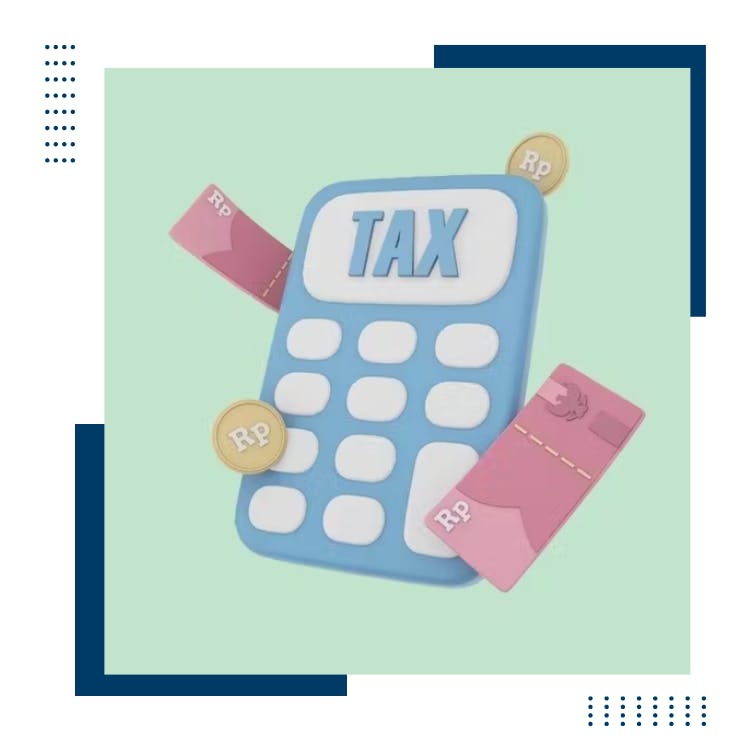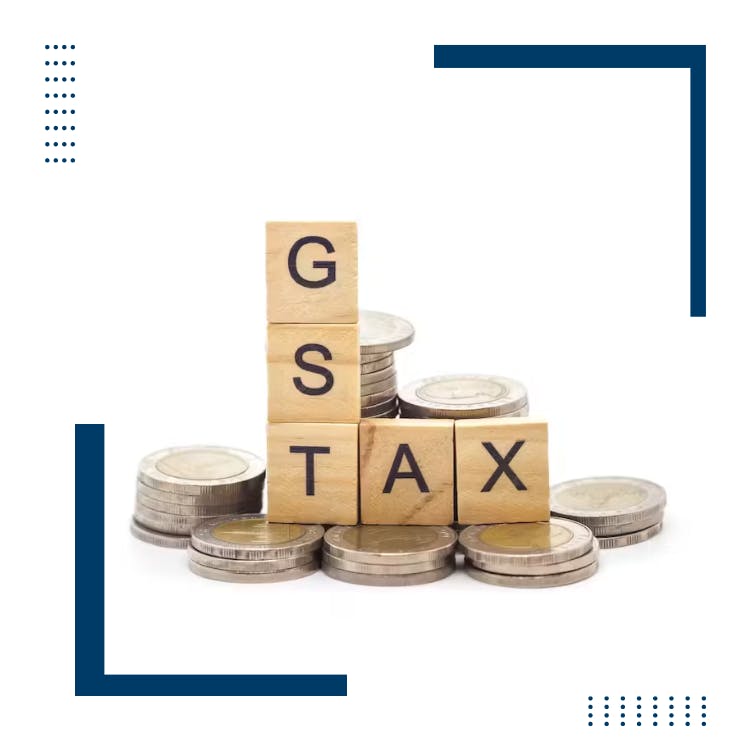Retrospective Changes in GST Laws
GST Act can change after specific adjustments, and these changes may have an impact on previous situations. If a taxpayer is unaware of these changes it can lead to disputes.

GST litigation refers to the legal processes and issues that may occur while dealing with the Goods and Services Tax (GST) system. GST is a complex set of tax rules and policies that include activities like as regulatory compliance, sales and purchase tracking, and input tax credit management. Conflicts between taxpayers and the GST department can arise from a variety of circumstances, including disputes over input tax credit eligibility, problems in E-way bill entries, denial of GST refunds, and disagreements over GST rates. In such cases, our GST litigation consultant helps and supports clients facing GST litigation.

Our Tax Litigation consultant aims to simplify the complexities of GST litigation by offering their expertise to help businesses resolve disputes and comply with GST regulations. Our GST Litigation Services are intended to reshape the financial direction of your company. Our qualified GST litigation consultant provides the ideal balance of cost-effectiveness and efficiency just when you need it. From the initial placement of the case to its final settlement, we provide comprehensive support throughout the litigation process. Get in touch with one of the leading CA firms in Gurgaon whether you want to resolve tax issues or need help with company registration in Delhi.
Discover why GST difficulties may result in legal disputes. Learn about common causes of problems in Goods and Services Tax, and how to avoid getting caught up in litigation.
GST Act can change after specific adjustments, and these changes may have an impact on previous situations. If a taxpayer is unaware of these changes it can lead to disputes.
When different high courts make decisions, disagreements may develop. They might have conflicting opinions on issues like refunds due to inverted tariff structures, resulting in disputes.
Conflicts may arise when taxpayers and tax authorities interpret the GST law differently, especially concerning the application of GST on specific goods and services. This lack of clarity can lead to disputes.
Incorrect entries on E-way bills, which are used to trace the flow of products, can lead to disputes. Discrepancies in E-way bill data may result in conflicts between taxpayers and authorities.
When there are differences between the information provided by taxpayers and the data possessed by tax authorities, these mismatches result in investigations and disputes.
Disagreements often arise regarding the eligibility of claiming Input Tax Credit. If tax authorities and taxpayers differ on what qualifies for ITC, it can lead to disputes.
Explore our GST litigation services for smooth dispute resolution and compliance support in India-
We assist in resolving problems with tax authorities through negotiations, alternative dispute resolution methods, and mediation to obtain positive outcomes.
Our tax Litigation consultant does a careful review of GST compliance to ensure rules are followed by keeping correct records and meeting regulatory standards.
We provide legal advice to clients throughout GST litigation procedures, including court appearances and persuasive case presentations.
Our expert management of Input Tax Credit (ITC) matters, ensures correct eligibility criteria are met, and addresses disputes or discrepancies related to ITC claims.
Our Strategic Advisory Services help navigate complex GST legislation, prevent disputes, and optimize operations for compliance.
We provide assistance with maintaining correct and complete documentation for GST compliance. We keep them organized for any prospective litigation or audits.
If you disagree with the tax authority's decision, you have three months to file an appeal. File a notice of appeal using Form GST APL-01 and pay the applicable fees.
Once your appeal is received, the First Appellate Authority will acknowledge it with Form GST APL-02.
The tax authority has one month to respond to your appeal. They file a reply using Form GST APL-03.
The First Appellate authorities will hear both you and the tax authorities. The hearing might be held in person or by video conferencing.
After reviewing all arguments, the First Appellate Authority issues a written order in Form GST APL-04. This order has the authority to confirm, modify, or reverse the original decision.
If you're still not satisfied, you can file a second appeal to the Appellate Tribunal within three months of receiving the First Appellate Authority's order.
If you disagree with the Appellate Tribunal's decision, you can file a review application within 30 days of the order.
Facing GST issues? Let us guide you through! Our complete support in GST litigation appeals ensures a hassle-free experience.
Our GST litigation consultant will discuss your options with you, providing valuable insights to help you decide whether pursuing an appeal is the right course of action.
Our GST litigation consultant does extensive research and develops a case that explains the necessary information to present before the Appellate Authority.
We represent your case in front of the Appellate Authority, using our experience to make a persuasive argument on your behalf!
We are committed to ensuring that your appeal is conducted promptly and quickly, giving you peace of mind as we work on the GST litigation issues together.

We understand that dealing with tax issues is complicated and time-consuming. That is why we encourage you to act quickly and benefit from our expertise. Our GST litigation consultant are ready to streamline the entire procedure for you. By using our GST litigation services, you not only receive a comprehensive grasp of your GST rights and duties, but you also get powerful representation when dealing with the GST department or negotiating with the government and other businesses. Don't let GST issues hold you back; act now and let us help you navigate a simpler financial journey. Your business deserves the best, and we're here to provide!
Find answers to common questions on GST lawsuit issues and how our expert can guide you through successful resolution.
The litigation process under GST involves filing an appeal, acknowledgment, reply, hearing, and a final order from the First Appellate Authority or Appellate Tribunal.
The most disputed GST issues are input tax credit disputes, classification of goods or services, and challenges related to GST rates.
At our accounting firm, we handle GST litigation with accuracy, conducting extensive evaluations and implementing strategic resolutions to ensure compliance and reduce problems for our clients.
A GST audit is a comprehensive study of a taxpayer's financial records to ensure the accuracy of GST returns and compliance with GST laws.
Litigation in taxation refers to legal disputes that arise as a result of conflicts between taxpayers and tax authorities over tax-related issues, which are often resolved through judicial proceedings.
GST refunds are processed by filing a refund application, being verified by tax authorities, and being approved or rejected depending on compliance with GST requirements.
GST litigation can have an impact on your organization by generating financial burdens, harming your reputation, and diverting resources.
Proper documentation is important in GST litigation as it gives proof, supports claims, and strengthens your position during disagreements with tax authorities.
